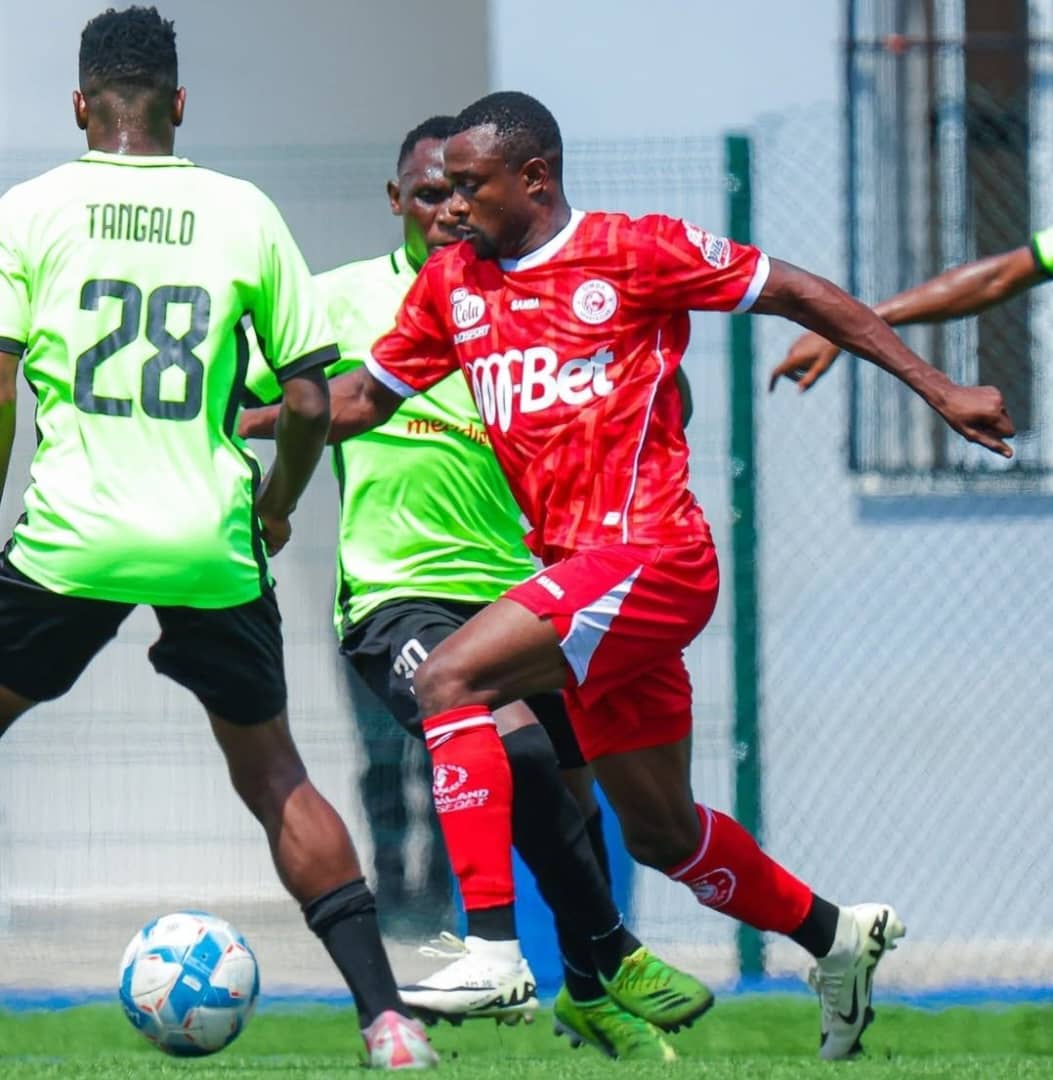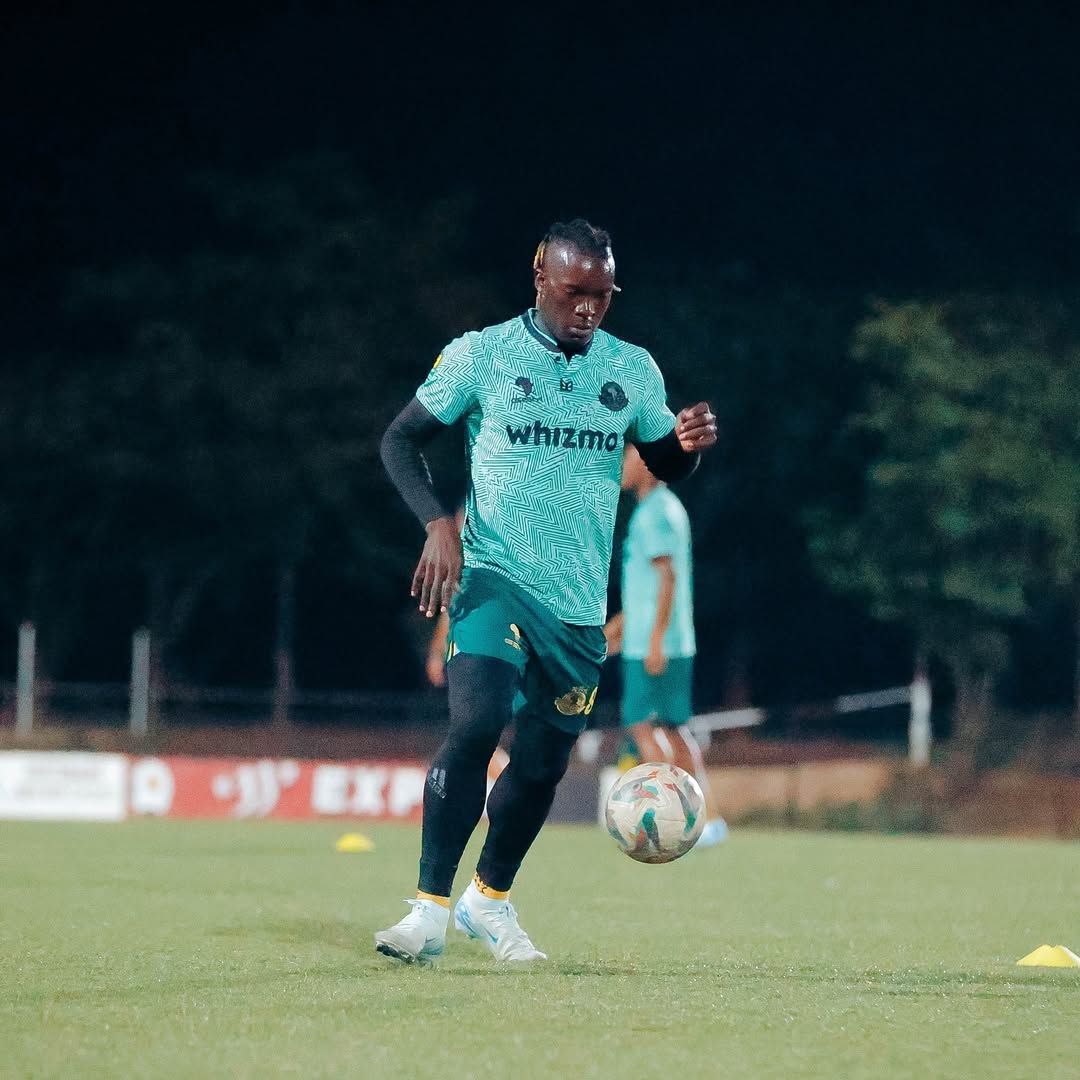Dar es Salaam – This Saturday’s postponement of the Kariakoo Derby has sparked a significant legal and financial controversy, with Yanga SC set to challenge the Tanzania Premier League Board (TPLB) at the Court of Arbitration for Sport (CAS).
This bold move not only reflects Yanga’s frustration with the TPLB’s decision-making process but also highlights broader systemic issues within Tanzanian football governance.
The TPLB announced the match’s postponement just hours before kickoff after Simba SC declared they would not participate, citing alleged interference from Yanga operatives that prevented them from conducting their final training session at the Benjamin Mkapa Stadium.
However, Yanga’s management argues that the TPLB’s rationale lacks legitimacy, as the NBC Premier League regulations do not include the inability to conduct a pre-match training session as a valid reason for postponement.
Financial Ramifications
The financial repercussions of this decision extend beyond the clubs themselves.
Local businesses, particularly those dependent on the Derby’s economic influx, are facing unprecedented losses.
Traders like Ismail Abdallah, who invested over Sh5 million in merchandise, now find themselves with unsold stock, raising questions about the economic sustainability of businesses reliant on sporting events.
Mariam Salum, a food vendor, and Juma Khamis, a seller of fan accessories, echo similar sentiments, indicating that this postponement has disrupted their livelihoods.
The impact on local economies during such high-stakes matches underscores the importance of effective organizational communication and timely decision-making.
Legal precedents and institutional integrity
Yanga’s impending legal action also raises critical questions about the integrity and reliability of the TPLB.
The club is not only seeking financial compensation but also an official declaration as the match’s winner, which, if granted, could set a significant precedent in Tanzanian football.
This situation could challenge the TPLB’s authority and raise doubts about its capacity to manage such high-profile events.
Historically, the Kariakoo Derby has seen 13 postponements since its inception in 1965, often mired in controversy.
The current conflict adds another layer to this troubled history, highlighting the recurring tensions between Simba and Yanga and the governance challenges facing the league.
The road ahead
As the TPLB has yet to announce a new date for the postponed match, Yanga SC insist they will not participate in a replay, arguing that they fulfilled their obligations on the scheduled date.
This stance could complicate future interactions between the clubs and the league, necessitating a reevaluation of protocols regarding match organization and communication.
With stakeholders from fans to local businesses anxiously watching the unfolding drama, the resolution of this conflict could have lasting implications for Tanzanian football governance, economic viability, and the relationships between key stakeholders.







